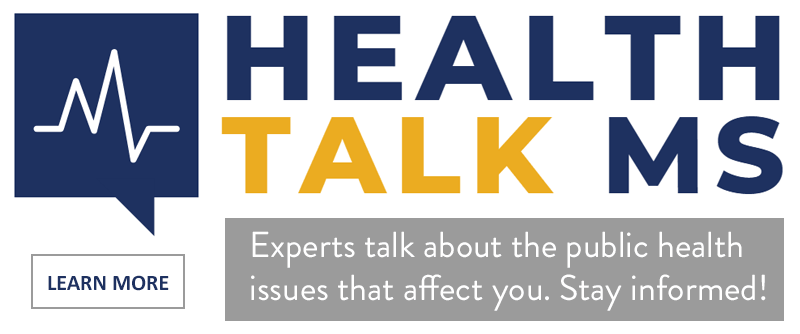What is genetics?
Genetics is the study of biological characteristics inherited by children from their parents, passed down to them through genes.
What are genes?
Genes are structures in the body's cells that determine how a person's body grows and develops. Genes are composed of DNA, and grouped into chromosomes that are passed from parent to child.
What are chromosomes?
Chromosomes are a pair of threadlike structures composed of genes and found in the nucleus of human cells. Sometimes a child inherits more than one copy of a chromosome or lacks a copy of a chromosome from its parents. This can lead to an alteration in development prior to birth, or in the early stages of life. Genetic testing finds possible genetic conditions like this that parents may pass to their children.
What is genetic counseling and how can it help me?
Genetic counseling provides information about how the presence of genetic conditions might affect health outcomes. Prior to counseling, a health care provider will collect personal and family history to determine the likelihood of an existing genetic condition. Genetic Counselors help to provide feedback and guidance about genetic testing.
If I decide I want genetics counseling, what do I do?
You may log into MyChart to schedule an appointment online, or contact the University of Mississippi Medical Center, Department of Pediatrics, Division of Medical Genetics by phone: 1-888-815-2005.
What should I expect during the first genetic test office visit?
During your first visit, a staff member will interview you to get a complete family history. A physician will determine whether you need any genetic testing.
How is genetic testing performed?
A sample of blood, hair, saliva, amniotic fluid (fluid surrounding a fetus during pregnancy), or other tissue cells are extracted from the body for lab genetic testing. The lab test results are provided to the patient's healthcare professional to report results to the patient.
What is amniocentesis?
Amniocentesis is a diagnostic test of fluid and cells that surround and protect a fetus, while in the uterus. Test results might be used to diagnose genetic disorders, detect disease and infection, or treat a condition prior to birth.
What is ultrasound?
Ultrasound or sonography is a noninvasive imaging test that takes a picture, or sonogram of an unborn fetus. The high-frequency soundwaves allow healthcare providers to view and detect the health stages of life growing in the uterus.
Need More Answers?
If you have any other questions, write them down to ask during your appointment.

